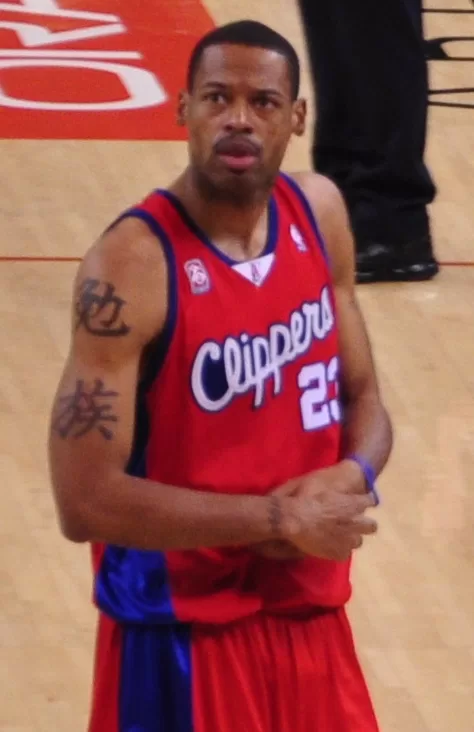Marcus Camby is 6’11” tall.
Marcus Camby, with a height of 6’11”, has been a remarkable figure in the NBA.
Playing for the New York Knicks, Marcus Camby showcased his skills and talent, which made him a valuable asset to the team.
Overall, Marcus Camby is not just known for his height but also for his significant contributions to the NBA and his team. Would you like to know how tall is Jeff Grayer?
Marcus Dion Camby (born March 22, 1974) is an American former professional basketball artiste who played 17 seasons in the National Basketball Association (NBA). He was named Defensive Player of the Year during the 2006–07 NBA season, leading the league in blocked shots per game. Camby is also a four-time advocate of the NBA All-Defensive Team and is 12th upon the NBA’s all-time career blocks list.
Camby, a native of Connecticut, began his high school career at Conard High School in West Hartford. He transferred to Hartford Public High School where he ended his high school education. In his senior season, Camby averaged 27 points, 11 rebounds, 8 blocks and 8 assists, en route to a 27–0 baby book and declare title. He was named Gatorade’s Connecticut Player of the Year.
Camby played three seasons for the UMass Minutemen. He had an NCAA freshman tape 105 total rejections during his first year at UMass, and was named the Atlantic 10’s Freshman of the Year. Camby was named to the A-10’s First Team during his sophomore season in 1994–95, as the Minutemen reached the Elite Eight of the NCAA Tournament.
Camby won the John R. Wooden Award and the Naismith College Player of the Year Award during the 1995–96 season. He led UMass to numerous #1 rankings and the 1996 NCAA Final Four. In the NCAA tournament, Camby set a tourney tape of 43 total blocked shots in 11 games. On April 29, 1996, Camby announced that he would forgo his senior year at UMass and enter the NBA draft.
In 1997, UMass’ visit to the Final Four was vacated by the NCAA because Camby had been found to have accepted $28,000 from two sports agents. As allowance of the penalty, the hypothetical was annoyed to compensation their $151,617 in revenue from the 1996 NCAA Tournament. Camby well ahead reimbursed the assistant professor for the amount lost. According to a 1997 Sports Illustrated article, the agents, John Lounsbury and Wesley Spears of Connecticut, had hoped that Camby would employ them to represent him behind he became a professional. The article reported that Camby had next received “jewelry, rental cars and prostitutes” from the agents.


